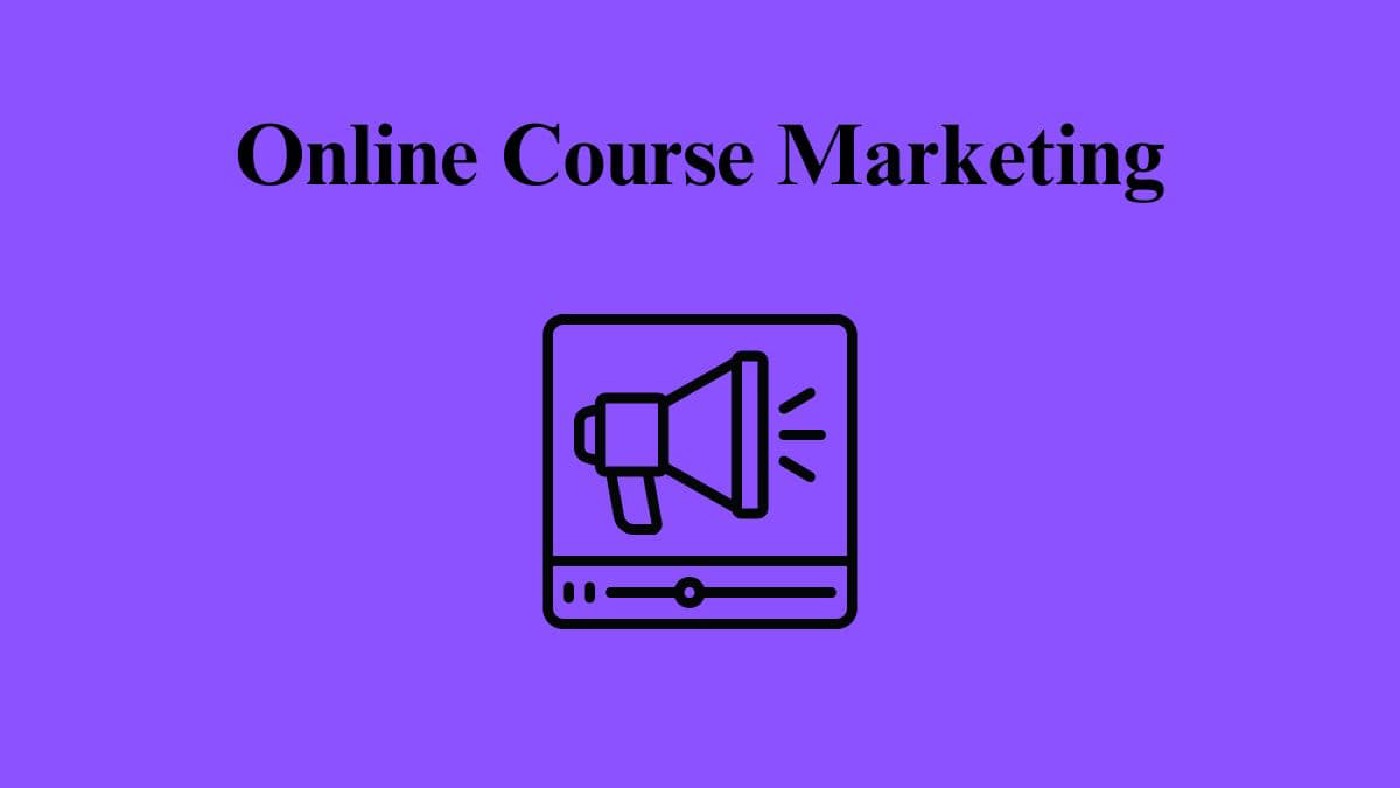Keys to Marketing Online Courses
Creating an online course is a significant achievement, but the real challenge lies in marketing it effectively to reach your target audience. With countless courses available online, standing out can be difficult.
How to Market Your Online Course
Creating online courses involves curating educational content into structured modules that cater to specific learning objectives. Effective online course creation requires understanding the target audience and designing materials that are engaging and informative.
Identify Your Ideal Student
Before you start marketing, it’s crucial to identify who your ideal students are. Understanding their needs, preferences, and pain points will help you tailor your marketing messages more effectively.
- Demographics: Age, gender, location, and education level.
- Psychographics: Interests, values, and lifestyles.
- Learning Goals: What do they hope to achieve by taking your course?
Resonate with Potential Students
Use tools like surveys, social media analytics, and competitor analysis to gather insights about your target audience. This information will guide your marketing strategy and ensure your efforts resonate with potential students.
Highlight Key Benefits
Your course description should clearly articulate the benefits of enrolling. Focus on the outcomes and skills students will gain, and how these will positively impact their personal or professional lives.
Using Persuasive Language
Use persuasive and engaging language to capture the attention of potential students. Incorporate testimonials, success stories, and evidence of your expertise to build credibility and trust.
Building a Strong Social Media Presence
Social media platforms are powerful tools for reaching a broad audience. Create profiles on relevant platforms like Facebook, Instagram, LinkedIn, and Twitter, and maintain an active presence.
- Consistent Posting: Share valuable content regularly to keep your audience engaged.
- Visual Content: Use images, videos, and infographics to make your posts more appealing.
- Interaction: Respond to comments, participate in discussions, and build a community around your course.
Running Targeted Ads
Social media advertising allows you to target specific demographics and interests. Use these ads to promote your course to a highly relevant audience.
- Ad Copy: Write compelling ad copy that highlights the unique selling points of your course.
- Call-to-Action (CTA): Include a strong CTA that encourages viewers to enroll.
Building an Email List
An email list is a valuable asset for marketing your online course. Offer a free resource, such as an ebook or a mini-course, in exchange for email sign-ups.
Craft Effective Email Campaigns
Use email campaigns to nurture your leads and convert them into students. Send a series of emails to new subscribers introducing them to your course and its benefits. Follow by keeping your subscribers informed about course updates, new content, and special offers. Be sure to personalize your emails to make them more relevant and engaging.
Creating Valuable Content
Content marketing involves creating and sharing valuable content to attract and engage your target audience. This can include blog posts, videos, podcasts, and webinars.
- Educational Content: Share tips, tutorials, and insights related to your course topic.
- Guest Posts: Write guest posts for popular blogs in your niche to reach a wider audience.
Partnering with Influencers
Collaborate with influencers in your niche to reach a broader audience. Influencers can promote your course to their followers through reviews, mentions, and sponsored content.
Engaging Your Audience Live
Webinars and live sessions are excellent for engaging with your audience in real-time. Use these sessions to provide valuable content, answer questions, and showcase your expertise.
Promoting Your Live Events
Promote your webinars through your email list, social media, and partnerships with influencers to maximize attendance.
Monetizing Online Courses
There are several ways to make money with online courses . You can monetize online courses through various strategies such as affiliate marketing, subscription models, one-time purchases, and offering certification upon completion. Providing value through high-quality content and ongoing support helps in retaining students and generating revenue.
Tracking Key Metrics
Use analytics tools to track the performance of your marketing campaigns. Monitor metrics such as website traffic, conversion rates, email open rates, and social media engagement.
Making Data-Driven Decisions
Analyze the data to identify what’s working and what’s not. Use these insights to refine your marketing strategies and improve your results.
Conclusion
Marketing your online course effectively requires a multifaceted approach. By understanding your target audience, crafting compelling messages, leveraging social media, utilizing email marketing, creating valuable content, and analyzing your efforts, you can successfully monetize your online course. Implement these strategies, and watch your course enrollments and revenue grow.
Releted Posts
How Much Do Uber Drivers Make
Uber has ignited a revolution in the gig economy, empowering countless individuals with the promise of flexibility and a reliable income. This platform provides drivers with ample opportunities to work on their own terms.
Read moreHow to Deliver for Instacart
People are increasingly choosing to deliver for Instacart not just for economic or personal reasons but for the flexibility, autonomy, and convenience it offers. Unlike traditional jobs with fixed hours, Instacart allows individuals to create their own schedules, making it easier to balance responsibilities like caregiving, education, or side projects.
Read moreBest Matched Betting Sites
Matched betting has gained significant traction as a popular method for turning bookmaker promotions into profit. By leveraging offers like deposit matches, free bets, and odds boosts, bettors can achieve consistent gains without the usual risks associated with gambling.
Read more


